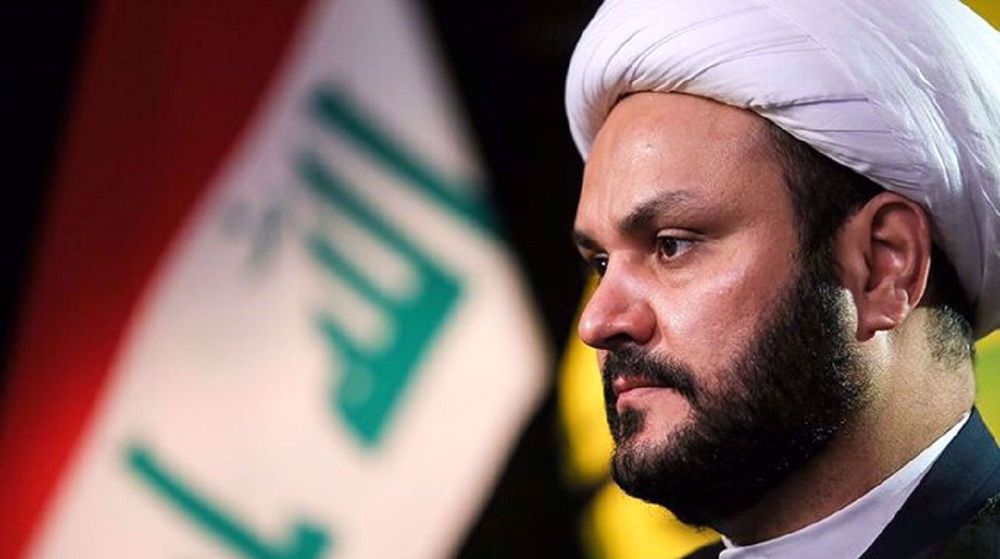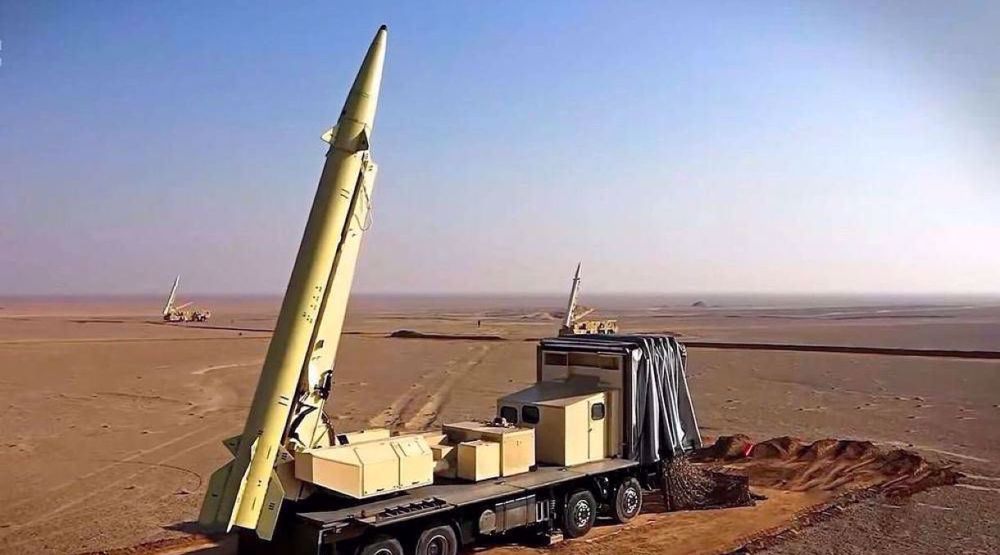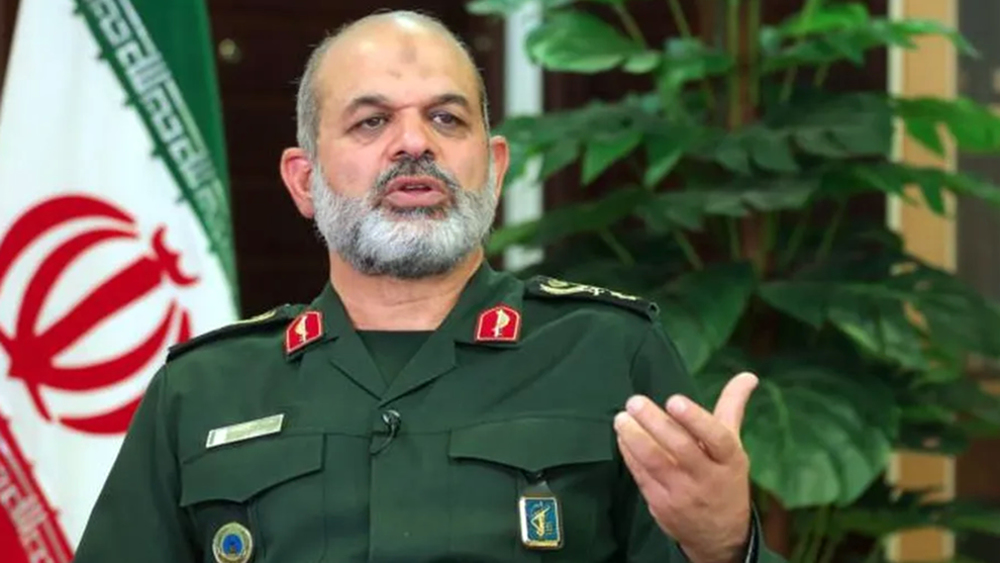Who was behind Ahvaz terrorist attack?
Gunmen carried out a terrorist attack in the Iran’s southern city of Ahvaz on Saturday 22nd September. 4 terrorists opened fire on soldiers and civilians during a military parade. 25 people, including a four-year-old child, lost their lives.
The attack happened during a ceremony marking the anniversary of the day Iraq attacked Iran and imposed an 8-year war on the country.
Two terrorist groups claimed responsibility for the Ahvaz massacre: Daesh or ISIL and al-Ahvaziya also called the Ahvaz National Resistance.
Al-Ahvaziya group has an office in the UK, London. It operates with highly questionable funds the British government is rumored to have turned a blind eye on.
Iran has said it holds accountable the countries which support the terrorist group.
Hadi Seyyed Afghahi, an expert on Middle East affairs, told Press TV that the terrorist group which carried out the attack enjoys foreign support.
All the clues lead to one inescapable conclusion: it is impossible that these terrorist groups; the Kurdistan Democratic Party, the MKO or al-Ahvaziya terrorist group continue to exist independently. Their need for support from strong, international sources outside of Iran is inevitable. America, Saudi Arabia and Israel have joined hands to help the anti-Iran terrorist groups in every aspect. There is no doubt that all the terrorist operations conducted in Iran enjoy the US support and its direct or indirect guidance. We never forget that U.S. President Trump, immediately after being elected as the President of the US, openly announced the policy of regime change in Iran as part of his agenda.
Al-Ahvaziya group is comprised of communists, nationalists, socialists and Salafi members who, despite ideological and nominal differences, are united around one goal and one strategy: topping the Iranian government and separating Khuzestan from rest of Iran trough armed conflict.
The group was born in 1980; soon after the Islamic revolution in Iran. It was inspired by the ruling Ba’ath regime in neighboring Iraq at the time. It had already carried out a series of attacks in the province even before Saddam unleashed war against Iran.
Soon after the war broke out in September 1980, the Iraqi army occupied parts of Khuzestan and advanced close to Ahvaz, the provincial capital of Khuzestan. The al-Ahvaziya, known in Iran as the Khalgh-e Arab, launched bomb and short range mortar attacks inside the city to facilitate its takeover by the invading Iraqi army.
After the overthrow of Saddam Hussein’s regime in 2003, the group faced a serious predicament. Desperate for support, it now had to look beyond the borders of Iraq and in the distance they saw two allies: Egypt's former dictator Hosni Mubarak in Egypt and Libya's longtime ruler Muammar Qaddafi.
The group has committed numerous crimes against Iranian targets over the past decades. Among them bomb attacks in public places, abductions, assassinations, kidnapping for ransom, shooting at tourists and blowing up oil pipelines.
Thousands of people have been killed or injured as result of their actions.
The group calls itself a movement but it lacks any popular backing inside Iran
Analysts believe Iran has a number of options to respond to the latest terrorist attacks. Afghahi told Press TV says Iran can launch a retaliatory measure to punish the terrorists and deter possible future attacks.
Regarding the current terrorist attack, the Islamic Republic of Iran has several options. First, it can file a complaint with the United Nations because not only has it been the victim of terror but it also has been blatantly threatened with more serious attacks in the future. Second, Iran can mount a retaliatory attack which not only acts as a punishment for the terrorists but also a deterrent for possible future attacks. This is an inalienable right for Iran as it is for every other country in the world. In fact, America is the first country which reserves itself this right. The US attacked Iraq without a permit from the UNSC and when asked why, it simply said the attack was necessary for preserving its national security and interests.
The attack came a week before the the 73rd UN General Assembly in New York. The US has not hidden its intention to turn the forum into an anti-Iran propaganda show.
The attack also came after a US-backed campaign to stir up unrest in Iranian cities fell flat. The effort, known as the Hot Summer Project, sought to whip up public anger over water and electricity shortages in the face of a protracted drought.
VIDEO | Germany, not just merely an economic recession
Discover Iran: Hormozgan, home to the last lenj boatbuilders of Persian Gulf
VIDEO | Condition of Gaza hospitals at the beginning of phase two recovery
VIDEO | Tehran metro station vandalized in attack by foreign-backed terrorists
VIDEO | Angry Iraqis set fire to Trump image, US flag
'It's simple — Trump's failing': Netizens rip into US warmongering against Iran
ICE shooting of protester in Minnesota
UN envoy: US responsible for ‘unpredictable consequences’ of aggression on Iran









 This makes it easy to access the Press TV website
This makes it easy to access the Press TV website